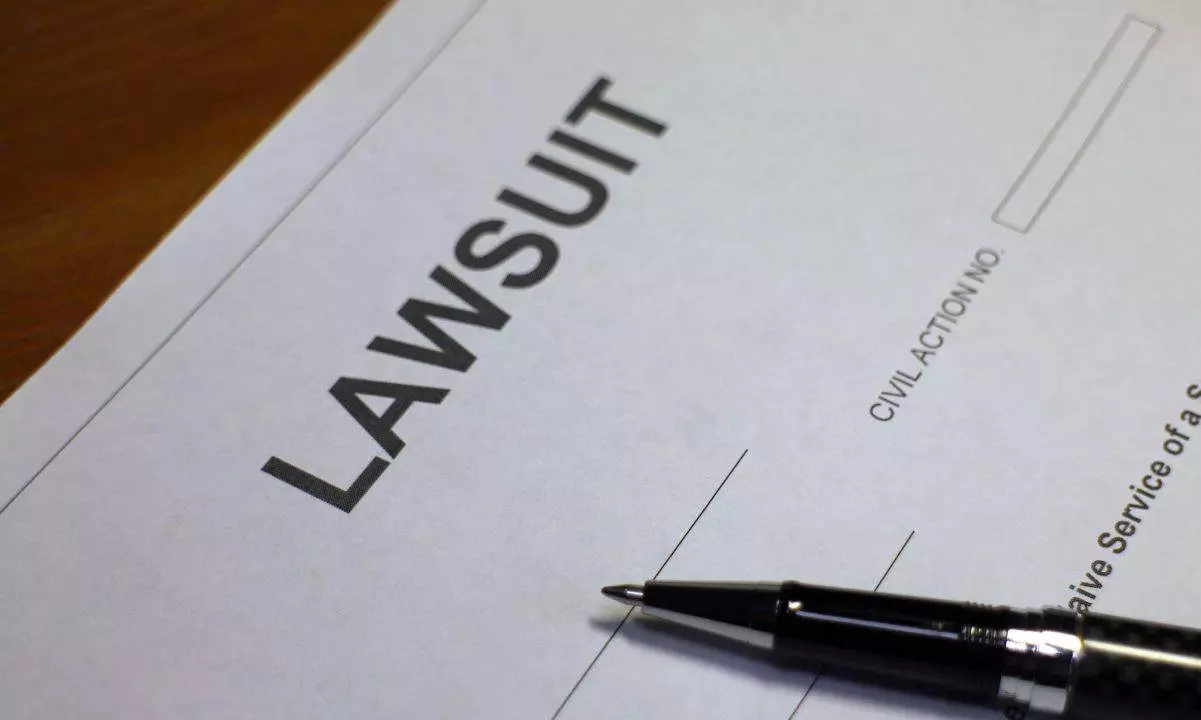The rise of cryptocurrency has not only brought innovation but also a host of legal challenges. A recent clash between two law firms, Burwick Law and Wolf Popper LLP, and the meme coin creation platform PumpFun, serves as a stark reminder of the potential pitfalls in the rapidly evolving world of digital currencies. This confrontation arises from allegations of unlicensed use of intellectual property, igniting concerns over investor protection and the ethical boundaries of blockchain technology. The escalating tension underscores the need for vigilant oversight in the crypto space, where scams can undermine legitimate investments and tarnish the reputation of nascent technologies.
In a decisive move, Burwick Law and Wolf Popper LLP issued a cease-and-desist letter to PumpFun, demanding the removal of the controversial Dogshit2 token and similar assets that allegedly misappropriate their brands. This letter is representative of a broader trend among legal firms taking a proactive stance against what they perceive as infringements of their intellectual property. The claim outlines how PumpFun has attempted to forge an association with established legal entities, thereby misleading investors and exposing themselves to potential liabilities. The firms vehemently denied any connection to Dogshit2, asserting their commitment to maintaining the integrity of their names and services within the legal landscape.
By failing to promptly disassociate from the implicated tokens, PumpFun has been accused of intensifying financial risk not only for itself but also for the investors drawn into this convoluted digital marketplace. The potential for misleading branding tactics complicates the already intricate domain of cryptocurrency trading, where tokens can surge and plummet in value, trapping investors in volatile loopholes. Burwick Law’s assertion that unauthorized use of their branding could lead to immediate legal repercussions sheds light on the risks associated with speculative investing in unregistered securities. Investors are being urged to navigate these waters with caution, as schemes like Dogshit2 may exhibit characteristics reminiscent of infamous pump-and-dump operations.
The legal firms also raised alarms regarding what they perceive as a broader strategy by third parties to exploit these controversies. They claim that the actions of PumpFun reflect a cynical approach to leverage blockchain technology to obscure justice rather than promote it. Such tactics raise serious concerns about the ethical implications of digital tokens intertwined with real-life legal proceedings. By creating tokens that impersonate plaintiffs in ongoing lawsuits, the perpetrators not only undermine the legal process but also endanger the trust essential for investor confidence within the cryptocurrency ecosystem. Consequently, the legal firms expressed a firm resolve to not only rectify the infringing situation but also hold accountable those who exploit blockchain technology for deceptive purposes.
Max Burwick, the founder of Burwick Law, has openly critiqued platforms like PumpFun, suggesting that they mirror sophisticated forms of multi-level marketing schemes aimed at preying upon human vulnerabilities. This commentary aligns with a growing narrative in the crypto community, where ethical questions regarding the promotion and proliferation of various tokens are under scrutiny. The risk of incurring significant financial loss in high-stakes meme coin ventures necessitates an informed investor base, equipped with the knowledge to identify potentially unscrupulous operators.
Further complicating the landscape, Burwick Law and Wolf Popper LLP have initiated a class-action lawsuit against PumpFun, alleging the issuance of unregistered securities and reaping $500 million in fees through dubious marketing practices. This lawsuit follows another class-action initiative centered on the questionable sale of tokens, reinforcing the urgent need for regulatory reform in the cryptocurrency sector. As these legal battles unfold, they illuminate not just the conflict between innovation and regulation, but also the perpetual tug-of-war between investor rights and the risks of speculative assets.
The situation reflects an evolving narrative within the cryptocurrency realm—one that is marked by both groundbreaking potential and significant risks. Through rigorous legal challenges, law firms aim to instigate much-needed reforms while safeguarding the interests of investors. Enhanced awareness and stricter regulations could serve as vital steps in fostering a more responsible and transparent crypto-investing environment for all stakeholders involved.

